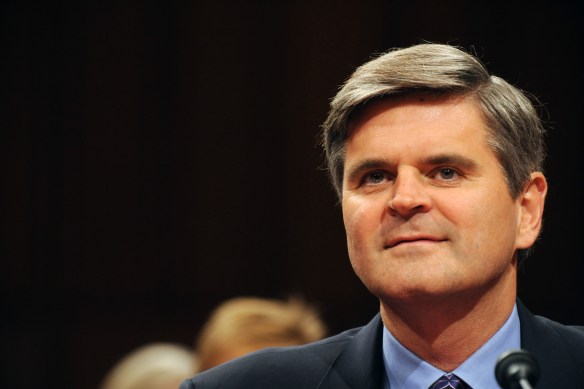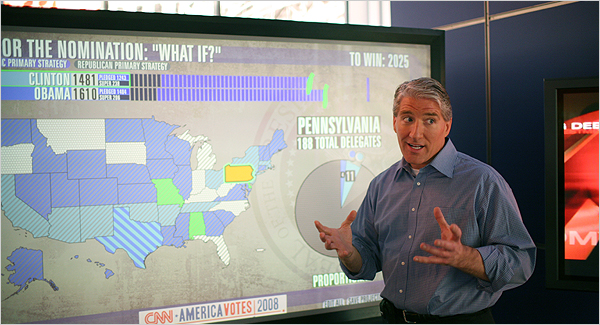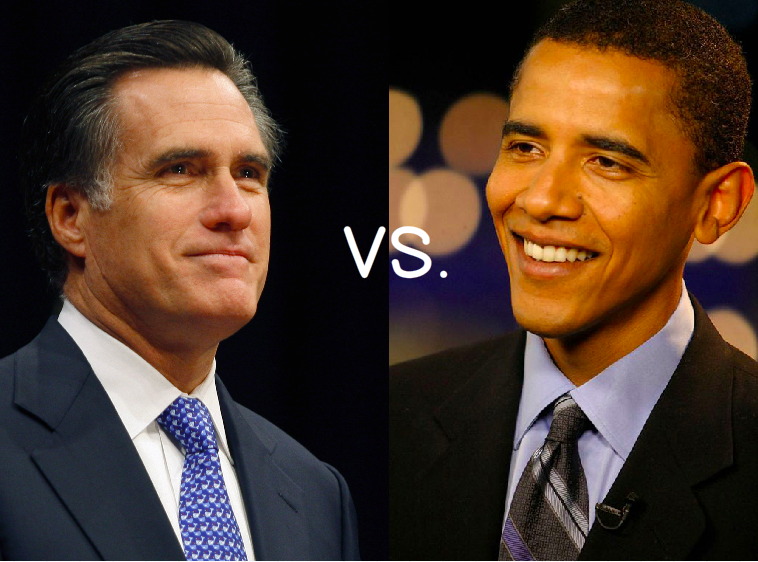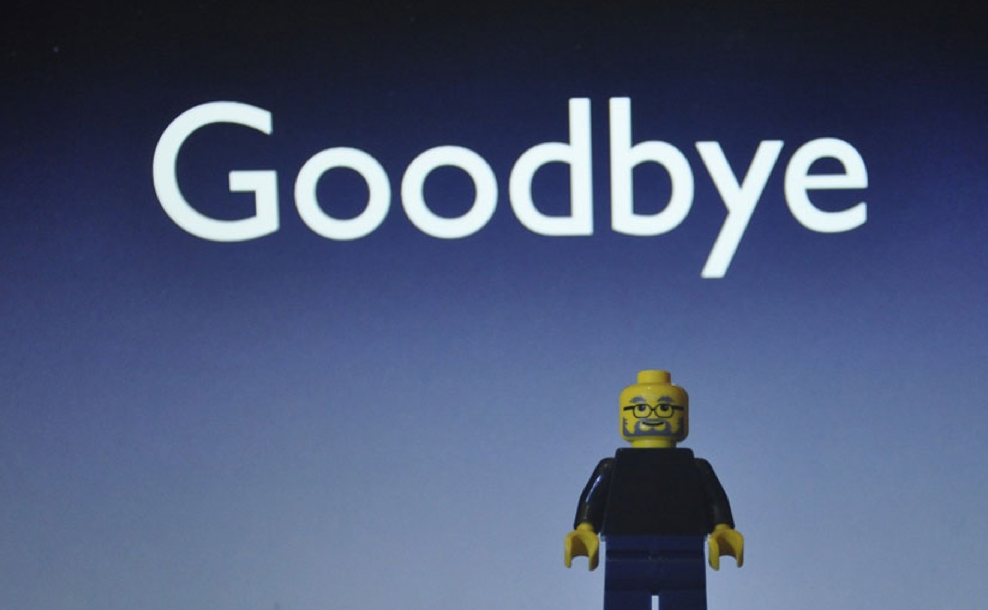I had the pleasure of working closely with Steve Case the Revolution gang back in the Qloud days. I can tell you first-hand that he is the real deal. He made an appearance yesterday in the Senate and spoke about immigration. Here are some of his statements. All pretty interesting:

1. “Today, 40 percent of Fortune 500 companies in the United States were started by immigrants or the children of immigrants, employing 10 million people across the globe and doing $4 trillion in revenue. Of the 10 most valuable brands globally, seven of them come from American companies founded by immigrants or their children. In the past 15 years, immigrants founded one quarter of U.S. venture-backed public companies.” [Source]
2. “Statistics show that immigrants are almost twice as likely as US-born workers to start a company. Between 1995 and 2005, half of Silicon Valley startups had an immigrant founder. In 2005 alone, those businesses achieved $52 billion in sales supporting 400,000 jobs. In 2011, more than three-quarters of the patents filed at the top ten patent-producing US schools had an immigrant inventor. Of the 1,600 computer science PhD graduates from our universities in 2010, 60 percent were foreign students.” [Source]
3. “The mistake that opponents of immigration reform make is believing that our society and economic growth are zero sum. They are not. More talented immigrants joining the American family does not equate to fewer jobs, it equates to more jobs.”
4. “It is not the case that an increase in foreign talent will increase unemployment for native workers. Studies show that from 2000 to 2007, every 100 additional foreign-born workers in STEM fields created 262 additional employment positions for native US workers.” [Source]
5. “Every year, arbitrary immigration caps force approximately one-third of the 50,000 foreign-born STEM graduates from our universities to leave the country. After earning a Masters or PhD from universities such as Stanford, Carnegie Mellon, and MIT, these talented men and women move to competitor nations and launch businesses abroad that compete with our workers here at home. If our military had a similar policy we would train soldiers, sailors, and pilots at West Point, the Naval Academy, and the Air Force Academy with world-class battlefield skills, only to send them away to join the militaries of foreign nations.”
6. “What was once the secret sauce of our economic advantage – a strong entrepreneurial economy that rewards risk, disruption and innovation – is being replicated aggressively around the world. A few decades ago we lost ground in the manufacturing sector when we failed to respond aggressively to global competition. We cannot afford to do the same when it comes to the entrepreneurial sector.”
7. “History teaches us that the most open and inclusive societies tend to be the most successful: Spain in the early 1400s pioneering navigation and global trade; Italy in the 1500s advancing science and learning. But no country has benefited more from immigration than the United States. We began as a startup founded by immigrant settlers who left a difficult situation to build a better life. What distinguishes us is that we have always been a magnet for risk-taking men and women from across the world hoping to start businesses, innovate, and contribute. That is part of our DNA. It is why in the 20th century we created more wealth, opportunity, and economic growth than any other nation.
But that advantage is slipping away. As the economies of developing countries mature rapidly it is no longer the easy choice to settle in the United States. There are now increasingly attractive opportunities abroad. We must improve the environment for entrepreneurship to thrive. Now is the time to work together and pass comprehensive reform that fixes our high-skilled immigration system.”









![Reblog this post [with Zemanta]](http://img.zemanta.com/reblog_e.png?x-id=37084c54-cbc2-4a30-a30a-e4036e6179b0)
![Reblog this post [with Zemanta]](http://img.zemanta.com/reblog_e.png?x-id=d2d24b82-3944-4f77-a97e-8199a74f6e53)


![Reblog this post [with Zemanta]](http://img.zemanta.com/reblog_e.png?x-id=db42e9ae-7aaa-4278-88ae-595ae7e43ecc)